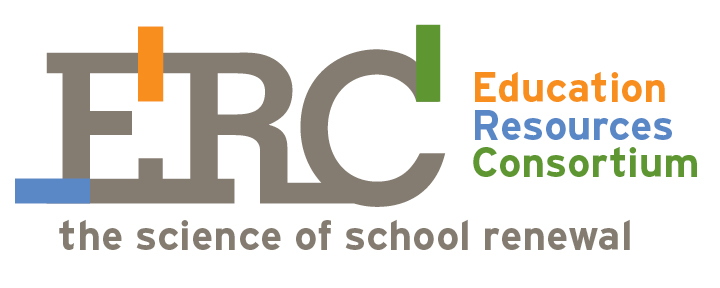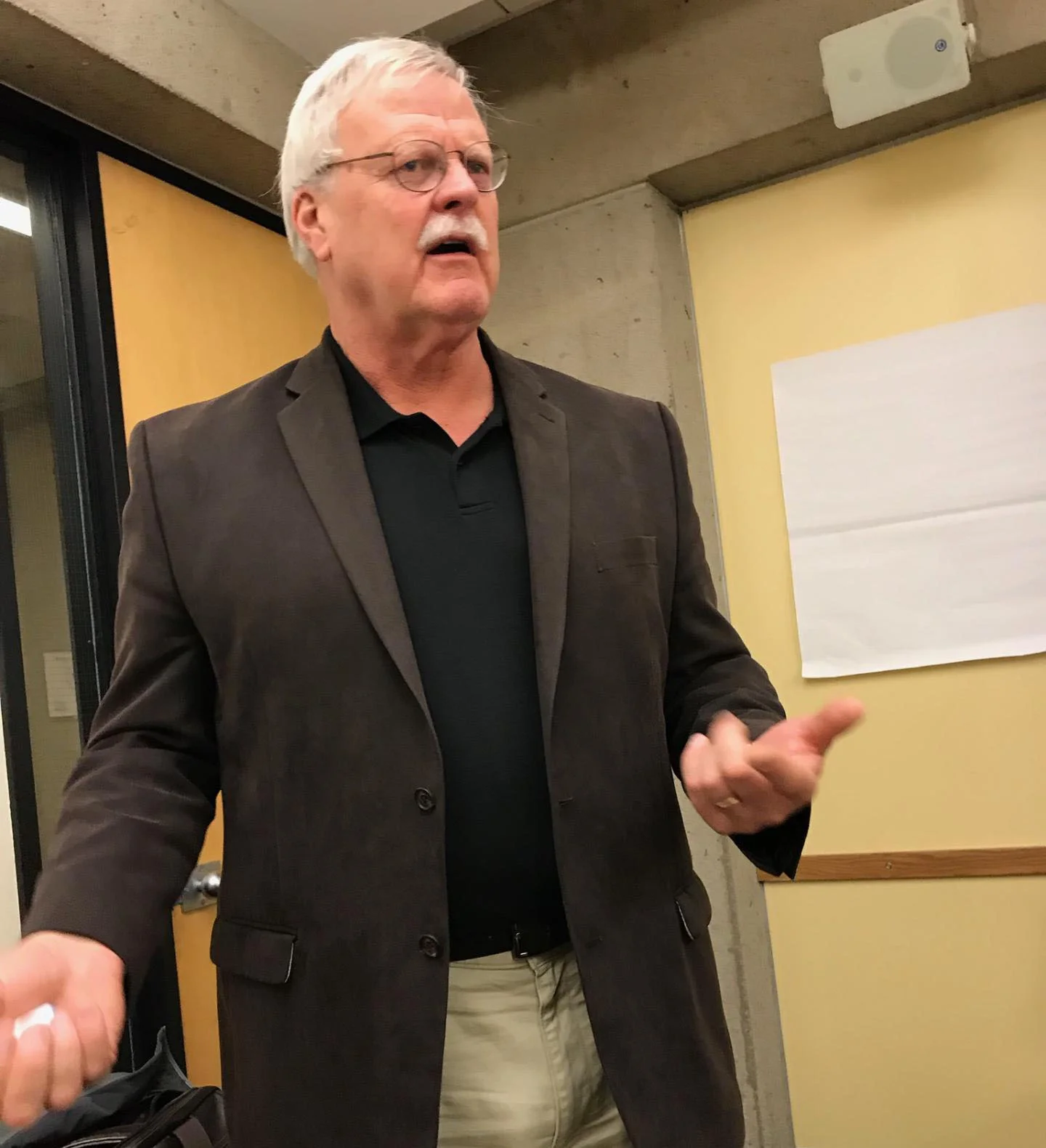To the ERC family, Christensen’s commentary is discouraging but unfortunately true. Not that there haven’t been attempts to do things differently, some in the past, others on-going --as someone said, the future is here, it’s just unevenly distributed. For the most part, however, we somehow keep trying to get more “results” out of the same core design, as we ride the slack current of cultural and social ideas of school from yesteryear. But we’re increasingly aware that achievement remains flat nationally, most likely because students have been shown to be increasingly less interested in classroom learning than in the world beyond school. What we sense in school-based educators these days is a palpable recognition that we’re repeating ourselves.
As soon as you start thinking of kids as data points, you’re in trouble.
—Sir Ken Robinson
Complicated problems require complicated solutions –a building can’t be improved by paying attention to one pillar. The integration of important elements of redesign –along with active participation and deep understanding in the community-- is a science unto itself. How do we use the guideposts of learning science and human development? The work is high-touch, scholarly, yet down-to-earth.
It’s uniquely human to want to pass down a replica of what we’ve experienced –to our kids, to the next generations. Our instincts crave a common bond of experience, of ideas, of values. But we are helping build a world that’s around the bend, one beyond and different from our times, one beyond the bell curve. This is why the work of re-imagining school needs to happen with great care, in particular ways, and with the “whole village”. We have to believe that together we can build something smarter and more humane, engaging, rewarding, and memorable.
TREK
In the early days of the Coalition of Essential Schools, “Trek” spawned many of the great small schools that endure today. To Trek stood for a thoughtful community journey to perform what Theodore Sizer called “the most important educational task of our times: to evolve the institutions and practices that assist learning”. People read and studied, debated, struggled toward helpful consensus and imagined schools that helped students learn to use their minds actively and well. They connected with small groups of other committed Trekkers. It was a recipe that worked exceedingly well –but that was 25 years ago.
At ERC, we’re convinced that the timing is right for people to TREK again, to gather and to commit to re-imagining what learning activities will best serve young people for a time we may not foresee clearly, but which our children will experience.
These communal learning journeys require support –the work is high-touch, high-skill. The vision and change leadership required to manage the feelings and ideas attached to the social, cultural and intellectual elements of our schools is exacting. If you’re game, we’ll introduce you to skilled facilitators, technology, and leadership coaches –people who know schools as well as they know their individual arts. We offer public engagement support and experienced scenario and school redesign thinkers. We’ll help you seek funds and resources. We’ll connect you deeply with other schools and thinkers who will provoke you, amplify your thinking and serve as critical friends to your efforts.
If you have the will to assemble a TREK team – let’s get started! For more information or to begin a TREK yourself, email today: larry@educationresourcesconsortium.org today!
Please note: CES schools— if you feel it’s time to re-invent yourselves, you’re especially welcomed! Please email us about our plans for supporting TREK in CES schools.
Thanks,
Larry Myatt
Co-Founder, ERC


